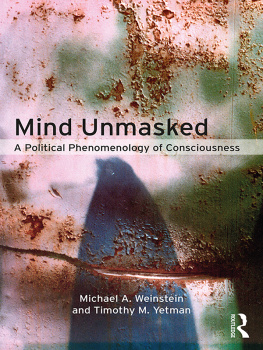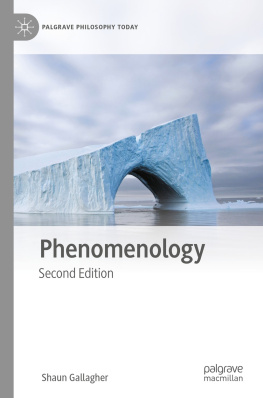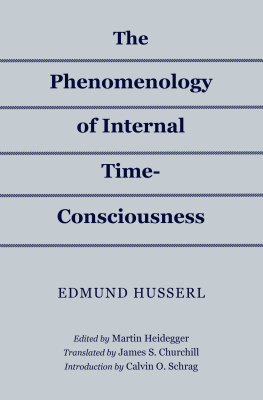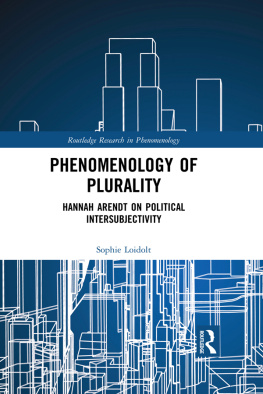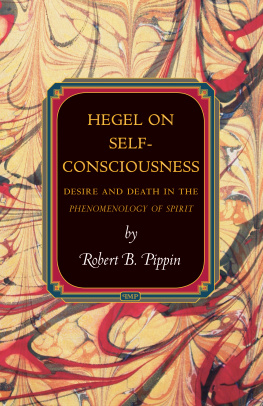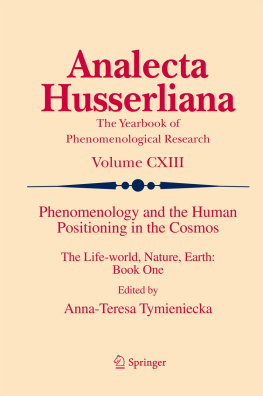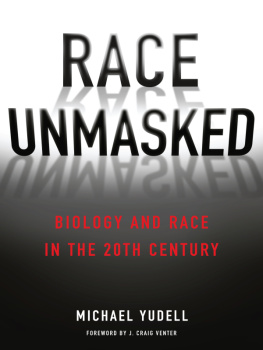MIND UNMASKED
The human mind has proven uniquely capable of unraveling untold mysteries, and yet, the mind is fundamentally challenged when it turns back on itself to ask what it itself is. How do we conceive of mind in this postmodern world; how can we use philosophical anthropology to understand mind and its functions? While philosophers and social scientists have made important contributions to our understanding of mind, existing theories are insufficient for penetrating the complexities of mind in the twenty-first century.
Mind Unmasked: A Political Phenomenology of Consciousness draws on twentieth-century philosophies of consciousness to explain the phenomenon of mind in the broadest sense of the word. Michael A. Weinstein and Timothy M. Yetman develop a thought-provoking discourse that moves beyond the nature of the human experience of mind at both the individual and interpersonal levels and present a meditation on life in the contemporary world of global mass-mediated human culture.
Michael A. Weinstein was Professor of Political Science at Purdue University from 1968 until mid-September 2015. Weinsteins philosophical work addresses a variety of areas including existentialism, American classical philosophy, vitalism, twentieth-century Mexican, Canadian and Spanish philosophy, social philosophy, postmodernism, virtue, and technology, among others. He was the author of 22 books and more than 120 journal articles and book chapters in Political Theory, Philosophy, and Sociology. Weinstein also extensively wrote international political analyses for a number of online publications, and became widely recognized as a foremost academic authority on Somalia.
Timothy M. Yetman is Adjunct Instructor in Philosophy at Ivy Tech Community College. He has taught courses in research methods, Introduction to Ethics, Introduction to Philosophy, and stepped in during the fall of 2015 to teach his late co-authors classes at Purdue University in Current Political Ideologies and Introduction to Political Science. His interests range from continental philosophy to postmodernism and media studies.
Weinstein and Yetman offer a fascinating and complex analysis of human existence and consciousness. They create a unique and provocative approach to reflecting on what it means to be human, and the rational and non-rational influences that permeate perception.
James M. Glass, Department of Government and Politics, University of Maryland, College Park
From political theory to popular culture, Michael A. Weinstein is, and will always remain, the truly indispensable thinker, a writer of lucid, intense and urgent imagination at the height of his times. His penetrating essays and excurses in Mind Unmasked provide a powerful counterpoint to the serio-comedy of contemporary culture by actually bending the fragmented, split postmodern mind in the direction of a new philosophy of life. Here, Nietzsches Zarathustra listens carefully again to this new telling of an ancient story: how do you continue to think lucidly, and in that thinking live ethically, in the midst of the culture blast that is life in the fast, but radically fragmented, twenty-first century?
Arthur Kroker, University of Victoria, Author of Exits to the Posthuman Future and Body Drift
An invaluable inquiry into the phenomenology of mind and its application to contemporary socio-political life. A refreshing critique of totalizing discourses meant to project certainty and security at the expense of an appreciation for contingency and nuance.
Timothy Seul, School of International Liberal Studies, Waseda University
First published 2018
by Routledge
711 Third Avenue, New York, NY 10017
and by Routledge
2 Park Square, Milton Park, Abingdon, Oxon OX14 4RN
Routledge is an imprint of the Taylor & Francis Group, an informa business
2018 Taylor & Francis
The right of Michael A. Weinstein and Timothy M. Yetman to be identified as authors of this work has been asserted by them in accordance with sections 77 and 78 of the Copyright, Designs and Patents Act 1988.
All rights reserved. No part of this book may be reprinted or reproduced or utilised in any form or by any electronic, mechanical, or other means, now known or hereafter invented, including photocopying and recording, or in any information storage or retrieval system, without permission in writing from the publishers.
Trademark notice: Product or corporate names may be trademarks or registered trademarks, and are used only for identification and explanation without intent to infringe.
Library of Congress Cataloging in Publication Data
Names: Weinstein, Michael A., author. | Yetman, Timothy M., author.
Title: Mind unmasked : a political phenomenology of consciousness / Michael A. Weinstein and Timothy M. Yetman.
Description: New York, NY : Routledge, 2017. | Includes bibliographical references and index.
Identifiers: LCCN 2017008681 (print) | LCCN 2017031685 (ebook) | ISBN 9781315160603 (Master) | ISBN 9781351662918 (WebPDF) | ISBN 9781351662901 ( ePub) | ISBN 9781351662895 (Kindle) | ISBN 9781138064102 (hardback : alk. paper) | ISBN 9781138064119 (pbk. : alk. paper) | ISBN 9781315160603 (ebk.)
Subjects: LCSH: Consciousness. | Philosophical anthropology.
Classification: LCC B808.9 (ebook) | LCC B808.9 .W45 2017 (print) | DDC 128/.2--dc23
LC record available at https://lccn.loc.gov/2017008681
ISBN: 978-1-138-06410-2 (hbk)
ISBN: 978-1-138-06411-9 (pbk)
ISBN: 978-1-315-16060-3 (ebk)
Everything bears some meaning, refers to something else, but nothing organizes the rest of things into a significant pattern: everything is possible and nothing is necessary, not even the project of making a home of the world, which now merely functions as a bit of nostalgia that sets up a screen between self and circumstance, the better to promote a fragile comfort and a justification for going to work. The civil savage announces that all of the exits from modernity have been sealed, that postmodernity is the stark wish of modern consciousness not to be itself, a hope evacuated of all content, the pure proclamation of the form of novelty projected into an indefinite future.1.
It was a mnage trois of sorts that brought about this book. Michael Weinstein and Tim Yetman had been having long philosophical discussions about twice a month for several years. They each brought ideas that were intriguing to them at the time, and given that they shared an intimate acquaintance with a very wide range of the greats and should-be greats in philosophy, these friendly chats were exhilarating and left them with further insights. Michael always told me about the content of these interactions on our long walks each week in Chicago. I was, as befits a resident of the Windy City, blown away by many of them. I added my two-cents and posed some questions, but refrained from my usual recommendation to encourage him to write about this material. This was difficult as I thought he was onto something seriously great. Well, I did slip a few times with a You ought to but then caught myself, shut my mouth, and smiled.
He had mentioned that he didnt want to write any other books. In part hed been spoiled by writing shorter articles on international issues, especially the more than a hundred and thirty rather long analyses of Somalia which garnered a loyal, diverse and responsive audience from those involved with the country. Like his two per week reviews of photography shows, all were published within a day or two of submission.

